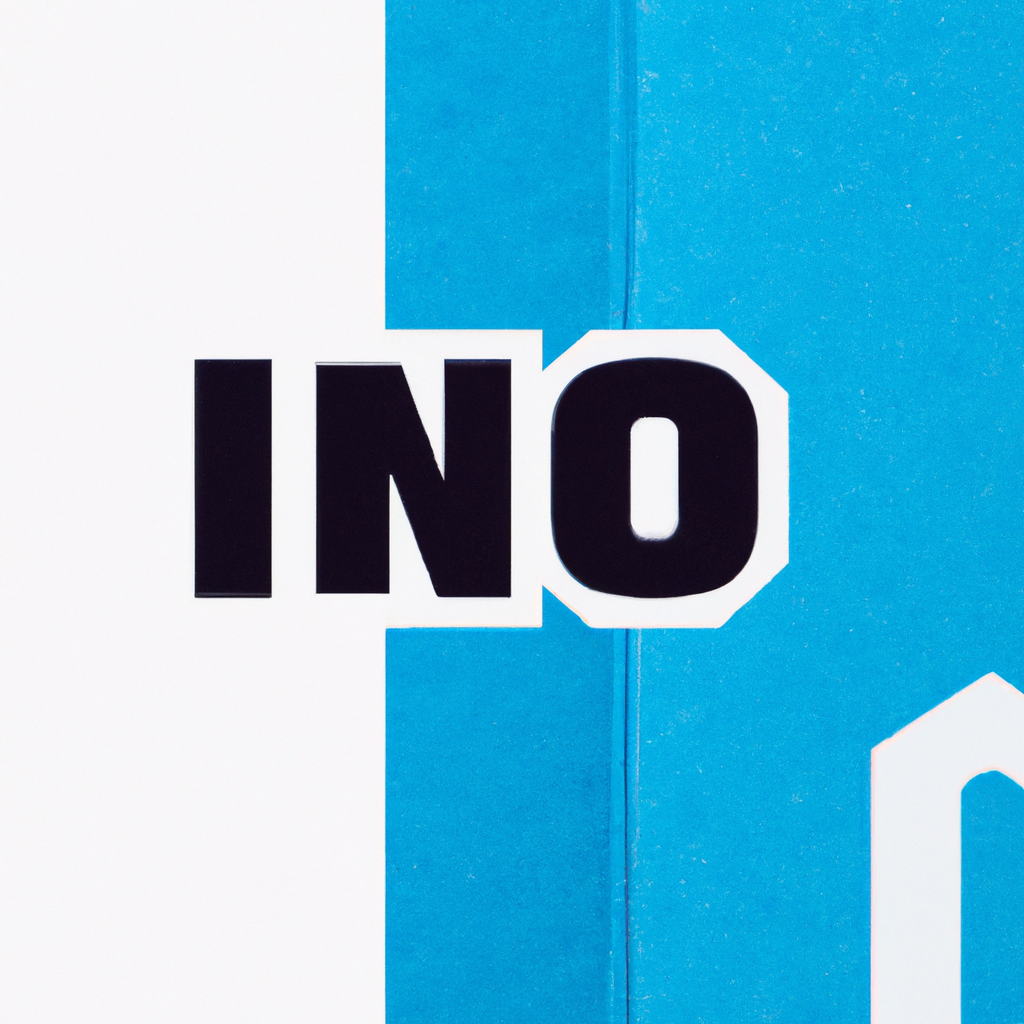Essential Financial Tips for Freelancers to Master Their Finances
If you’re a freelancer, you know how challenging it can be to manage your finances effectively. The lack of financial stability and the unpredictable nature of freelance work can make financial management a complicated task. However, with the right strategies and good planning, you can master your finances and achieve financial success. In this article, we will discuss some essential tips to help freelancers better manage their money and ensure solid financial health.
1. Establish a Budget
One of the first steps to mastering your finances as a freelancer is to establish a budget. This means calculating your monthly expenses, including fixed bills, variable expenses, and extra spending. By having a clear view of where your money is going, you can identify areas where you can save and cut unnecessary expenses.
To learn more about creating an effective budget, check out our post on How Freelancers Can Master Financial Education and Achieve Financial Success.
2. Separate Personal and Business Finances
One of the most common pitfalls for freelancers is mixing personal finances with business finances. It is crucial to keep separate accounts to facilitate financial management and avoid confusion. Additionally, separating your personal finances from your business finances helps maintain the transparency and organization needed to make smart financial decisions.
For more tips on keeping your personal and business finances separate, check out our post on How Freelancers Can Achieve Financial Stability: Financial Education Tips.
3. Invest in Financial Education
To master your finances as a freelancer, it is essential to invest in financial education. Understanding basic personal finance concepts, such as budgeting, saving, and investing, can help you make more informed and effective decisions regarding your money. There are various free online courses and materials available to help you enhance your financial knowledge.
To learn more about mastering your finances through financial education, check out our post on Master Your Finances: Learn Everything About Online Financial Education!.
4. Have an Emergency Fund
As a freelancer, you are exposed to more financial risks than a regular employee. Therefore, it is crucial to have an emergency fund to deal with unforeseen events, such as losing a client or a drop in demand for your work. It is recommended to have at least 3 to 6 months’ worth of expenses saved in an easily accessible account, such as a savings account or emergency fund.
For more information on creating an emergency fund, check out our post on Learn How to Master Your Finances: Essential Financial Education Tips for Adults.
5. Do Tax Planning
As a freelancer, it is important to understand how taxes work and do proper tax planning to avoid unpleasant surprises at the end of the year. Knowing the tax deductions available for freelancers and keeping an accurate record of your expenses can help reduce your tax burden and ensure you comply with tax laws.
For more tips on dealing with taxes as a freelancer, check out our post on 3 Ways to Learn Financial Education for Free and Transform Your Financial Life.
Conclusion
Managing your finances as a freelancer may seem challenging, but with the right strategies and good planning, you can master your finances and achieve financial success. Establishing a budget, separating your personal and business finances, investing in financial education, having an emergency fund, and doing tax planning are some of the essential tips to help you in this process.
Remember that financial education is a powerful tool to help you achieve your financial goals and ensure a healthy financial life. Keep learning and improving, and don’t hesitate to seek help from qualified professionals if necessary. With discipline and dedication, you can master your finances and ensure a prosperous financial future as a freelancer.
